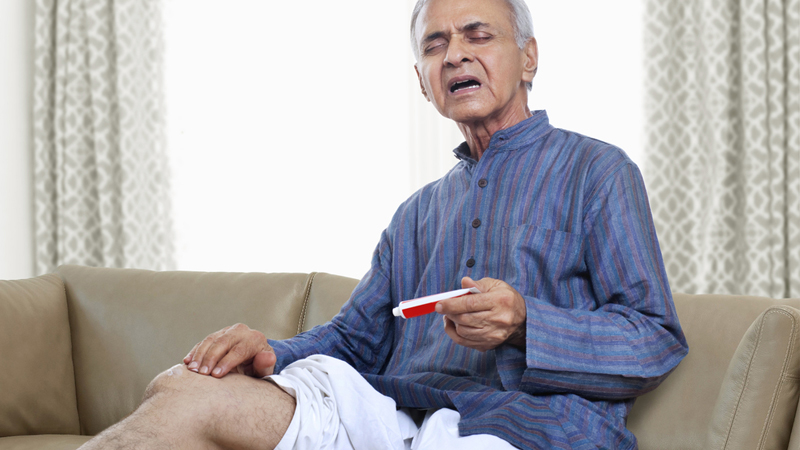As one ages, people start experiencing various problems related to Orthopaedics. Arthritis, osteoporosis, and fractures are some of the common problems that old people face. As they are aging, they might start experiencing bone and joint-related issues. And, if overlooked and left untreated, these issues can span to become severe, even hampering their mobility.
Although Elderly Parents require your attention and care, most older adults don’t need much help from others. In fact, many of them are quite busy assisting others and otherwise contributing to their families, communities, or workplaces.
As we get older, so do our parents and other loved ones. Difficult as it is to consider, they may one day need our help — just as we once needed theirs
Ageing is a natural phenomenon and as we age, there are a variety of disorders that would set in. One of the more common conditions is Bone and Joint problems.
Some of the commonly observed conditions that Elderly people experience are listed below.
Osteoarthritis is generally termed as a degenerative disease that typically affects the hands, fingers, ankles, knees, and spine. Osteoarthritis makes it difficult to perform everyday activities, particularly those that require flexibility, significant movement, or fine motor agility. Unfortunately, there is no cure for osteoarthritis. Instead, your orthopaedic specialist can recommend treatments to decrease pain and increase range of motion
Fractures: A fracture is a broken bone, the same as a crack or a break. A bone may be completely fractured or partially fractured in any number of ways (crosswise, lengthwise, in multiple pieces). Although bones are rigid, they do bend, or give, somewhat when an outside force is applied. However, if the force is too great, bones will break, just as a plastic ruler breaks when it is bent too far
Common types of fractures include:
- Stable fracture. The broken ends of the bone line up and are barely out of place.
- Open (compound) fracture. The skin may be pierced by the bone or by a blow that breaks the skin at the time of the fracture. The bone may or may not be visible in the wound.
- Transverse fracture. This type of fracture has a horizontal fracture line.
- Oblique fracture. This type of fracture has an angled pattern.
- Multiple fracture. In this type of fracture, the bone shatters into three or more pieces.
Fractures take several weeks to several months to heal, depending on the extent of the injury and how well you follow your doctor’s advice. Pain usually stops long before the fracture is solid enough to handle the pressure of normal activity
Proper diet and exercise may help prevent some fractures. A diet rich in calcium and Vitamin D will promote bone strength. Weightbearing exercise also helps keep bones strong
Dislocations: A dislocation is an injury in which the ends of your bones are displaced from their normal positions. It’s a condition that happens when the bones of a joint are knocked out of place. Dislocations can be very painful and cause the affected joint area to be unsteady or immobile (unable to move). They can also strain or tear the surrounding muscles, nerves, and tendons (tissue that connects the bones at a joint). You should seek medical treatment for a dislocation. Signs / Symptoms of dislocations are as below.
- Joint is visibly deformed or out of place.
- Numbness or tingling at the joint.
- Swollen or discoloured.
- Limited ability to move.
- Intense pain.
Basic measures on your end can really make a big difference in their good orthopaedic health. Here are 3 tips:
- Encourage Them to Walk More
There’s no better care for your bones and joints than being physically active.
- Adjust Their Daily Diet
What you eat plays a critical role in your orthopaedic health. Ensure their meals are rich in calcium and vitamin D. Also, see to it that they are getting more protein, vitamin B12, magnesium, and vitamin C – all of which are important for the nourishment of bones
- Take Them to An Orthopaedic Doctor Regularly
This is important!
Even if everything “looks fine”, it’s important to take your parents to a good / Best Orthopaedic hospital Bangalore / bone and joint specialist Bangalore for regular checkups.
Normally, early diagnosis will lead the way for better and effective treatment. It will help your parents in keeping bones and joints in good health.
